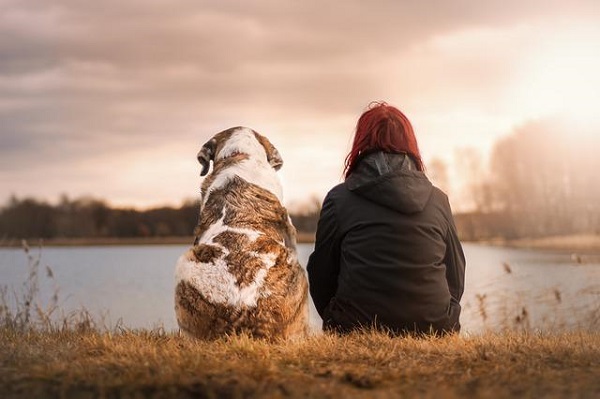
The Luxembourg Veterinary and Food Administration (ALVA) of the Ministry of Agriculture, Food and Viticulture has reminded travellers of the rules on travelling with pets.
With the arrival of the holiday season, ALVA has called on travellers not to bring back animals whose health status is unknown or whose import documents are not in order, in order to avoid compromising the health of people and animals in the Grand Duchy.
Among the major risks is the introduction of rabies, a disease of which Luxembourg has been free since 2001. ALVA warned that this incurable and deadly virus can infect both wild and domestic animals and is transmitted to humans through the saliva of an infected animal. Dogs cause 99% of fatal cases of human rabies. Currently, rabies is present in more than 150 countries, including countries to which Luxembourg residents travel, such as Turkey, Morocco, Tunisia, Algeria and Ukraine.
ALVA pointed out that certain rules must be respected if owners travel with their pets abroad. For travel to third countries, the pet owner must inform themselves before departure about the entry conditions and the requirements of the competent authorities of the countries of transit and the country of destination. In general, an official health certificate is required by the destination country for travel with pet dogs, cats or ferrets.
In addition, travellers should find out about the additional provisions in force, in particular vaccinations, antiparasitic treatments as well as the deadlines to respect for these procedures.
To return with one's pet from a third country to Luxembourg/the EU, the following provisions apply: microchip identification; European passport (only applicable for animals originating from the EU) or official EU health certificate (only applicable for animals originating from third countries and entering the EU for the first time); valid vaccination against rabies; titration of anti-rabies antibodies for certain third countries. Pet owners are invited to contact ALVA to verify this requirement.
Further information is available online at: https://food.ec.europa.eu/animals/movement-pets_en.








